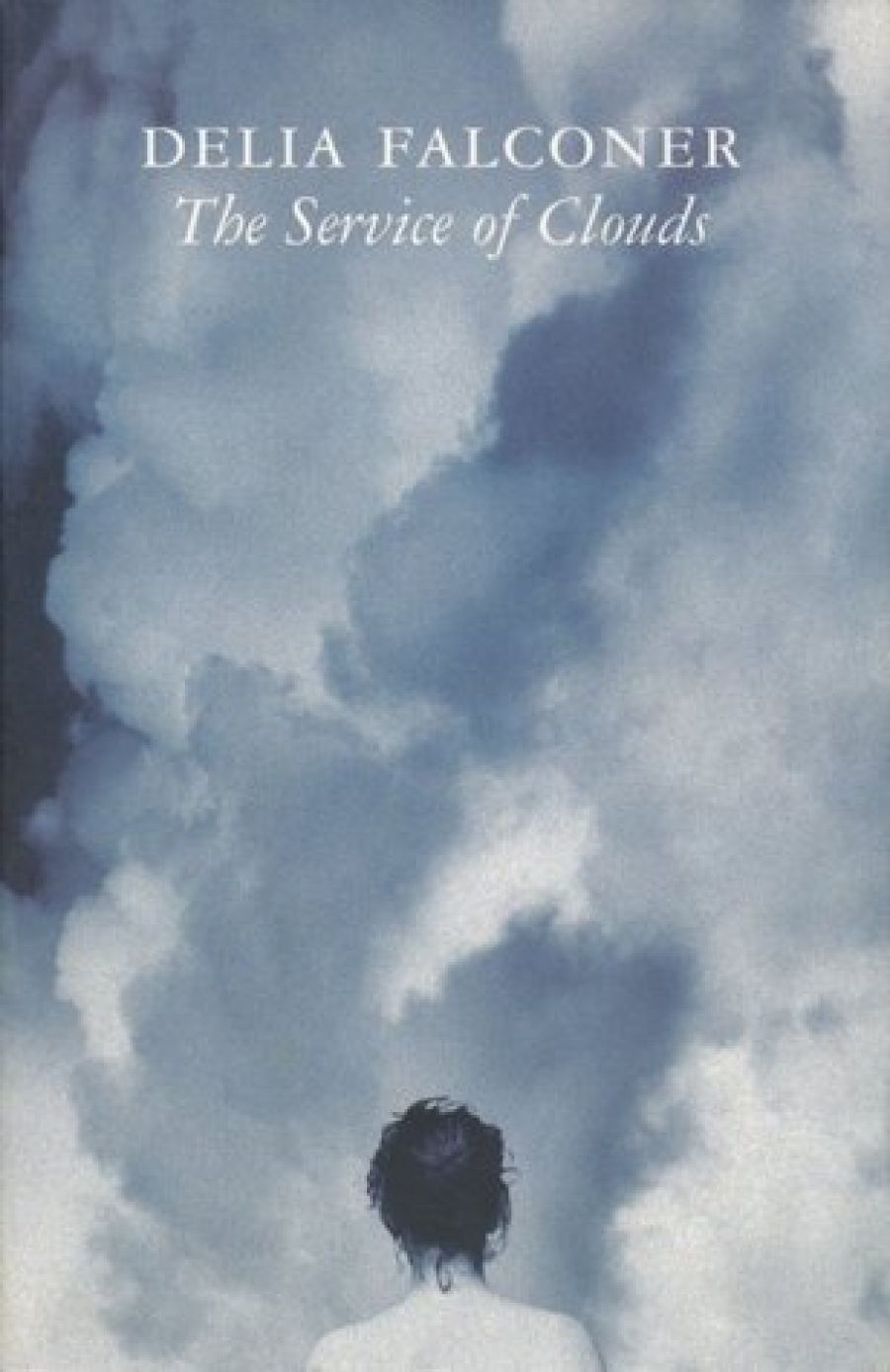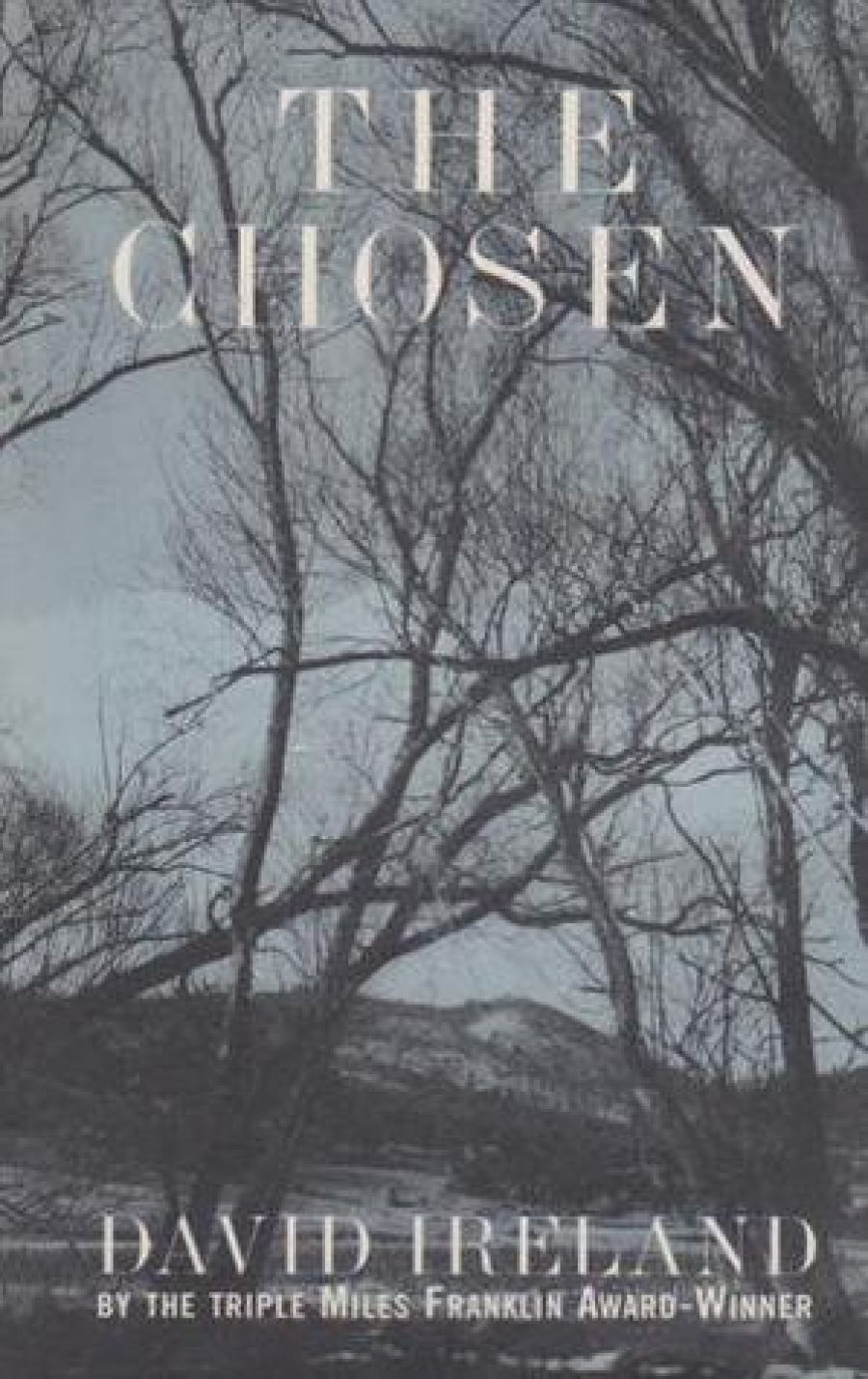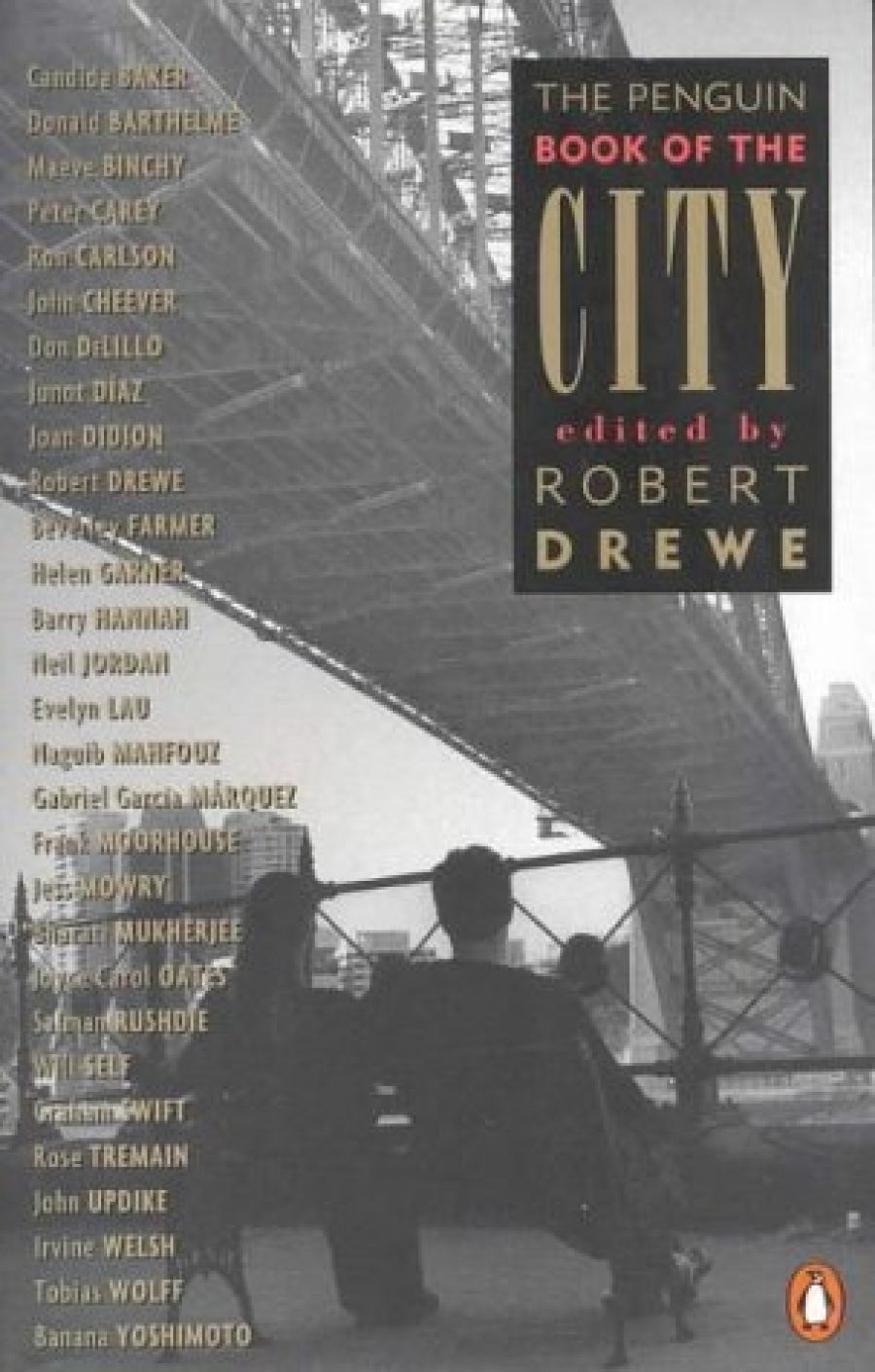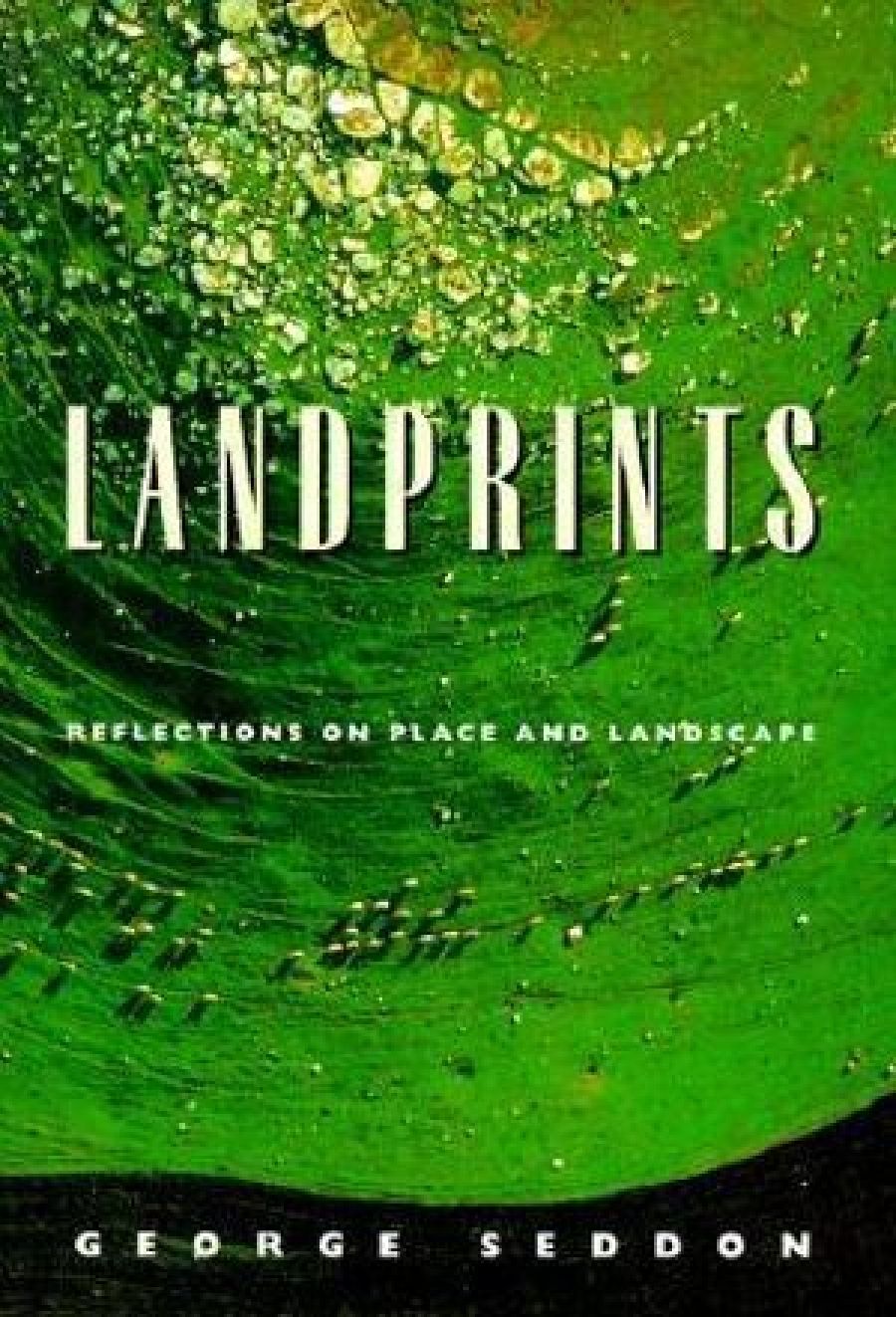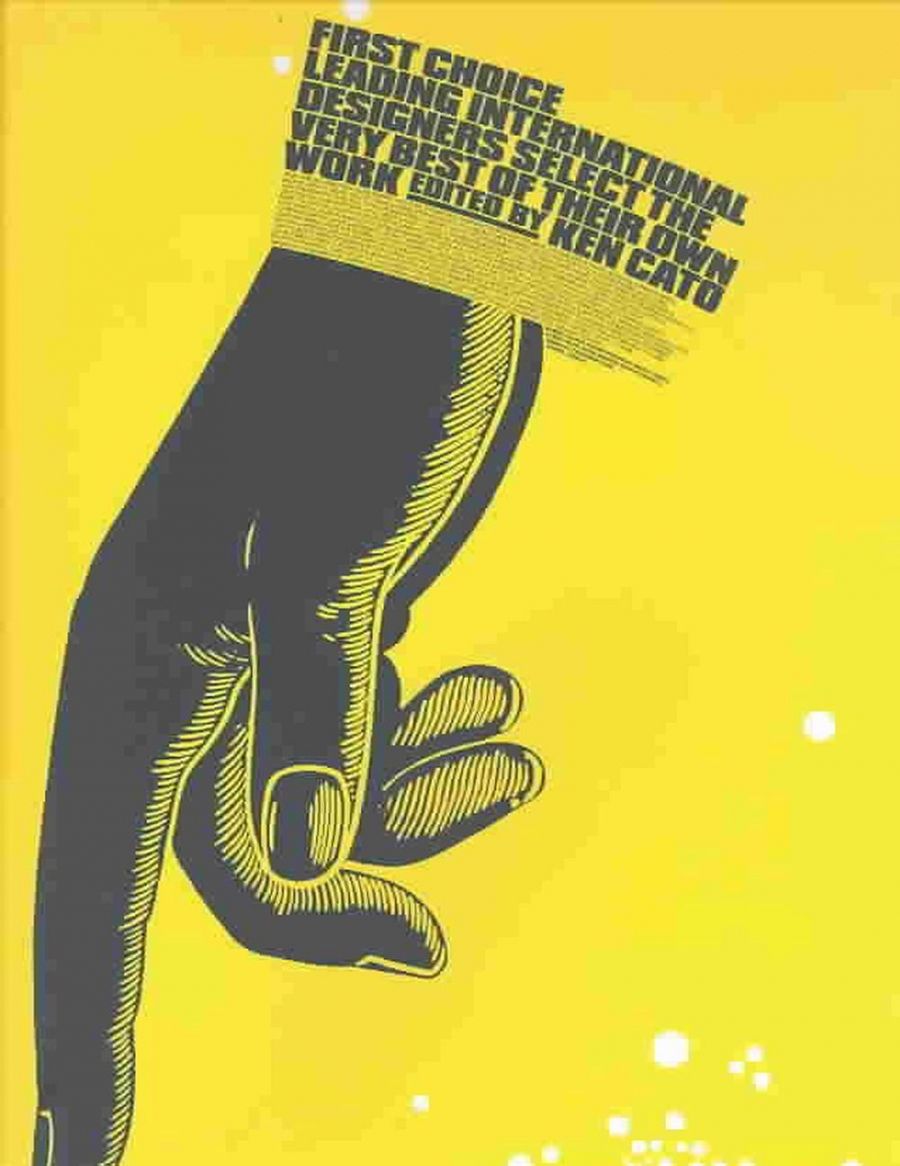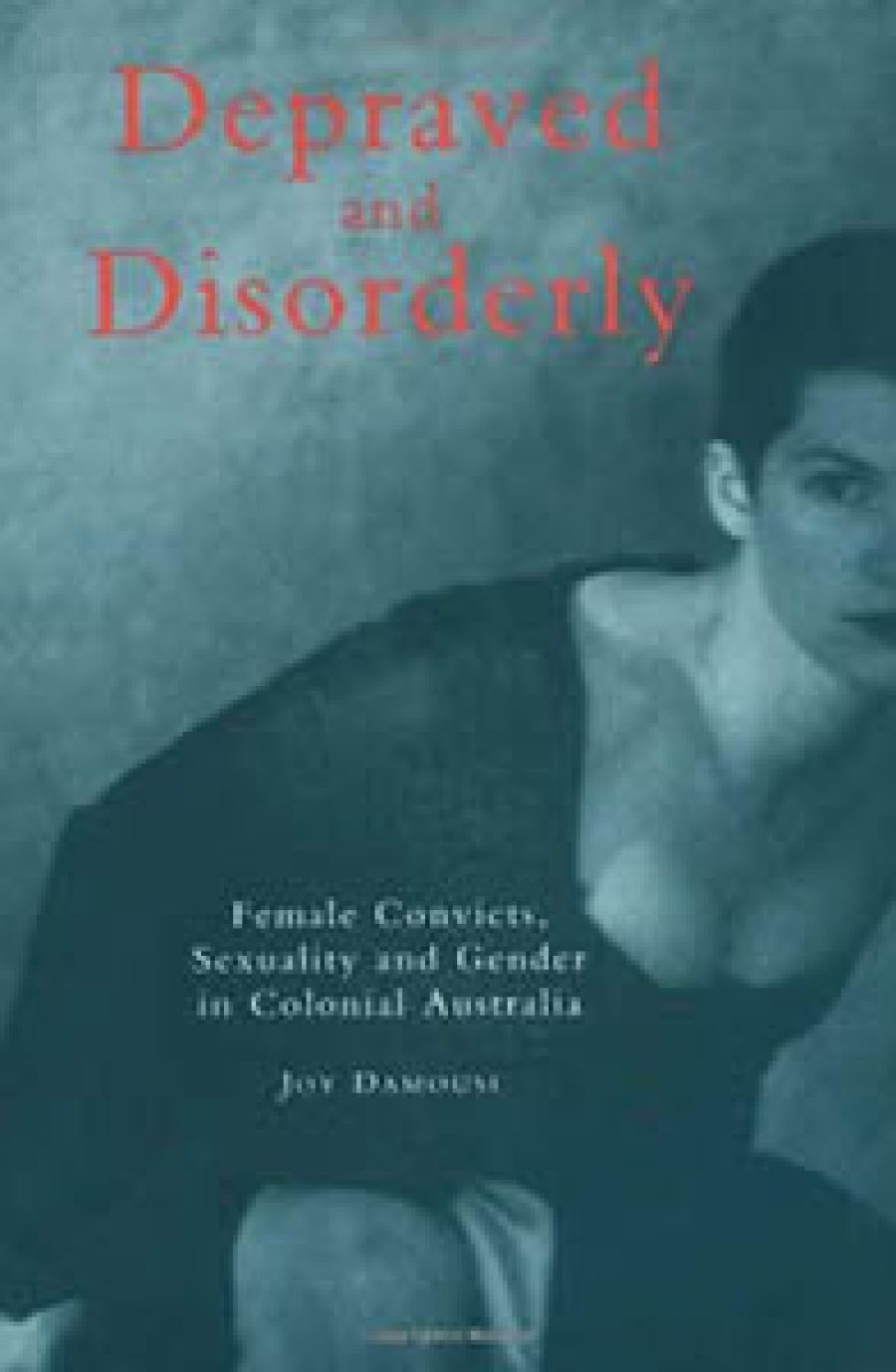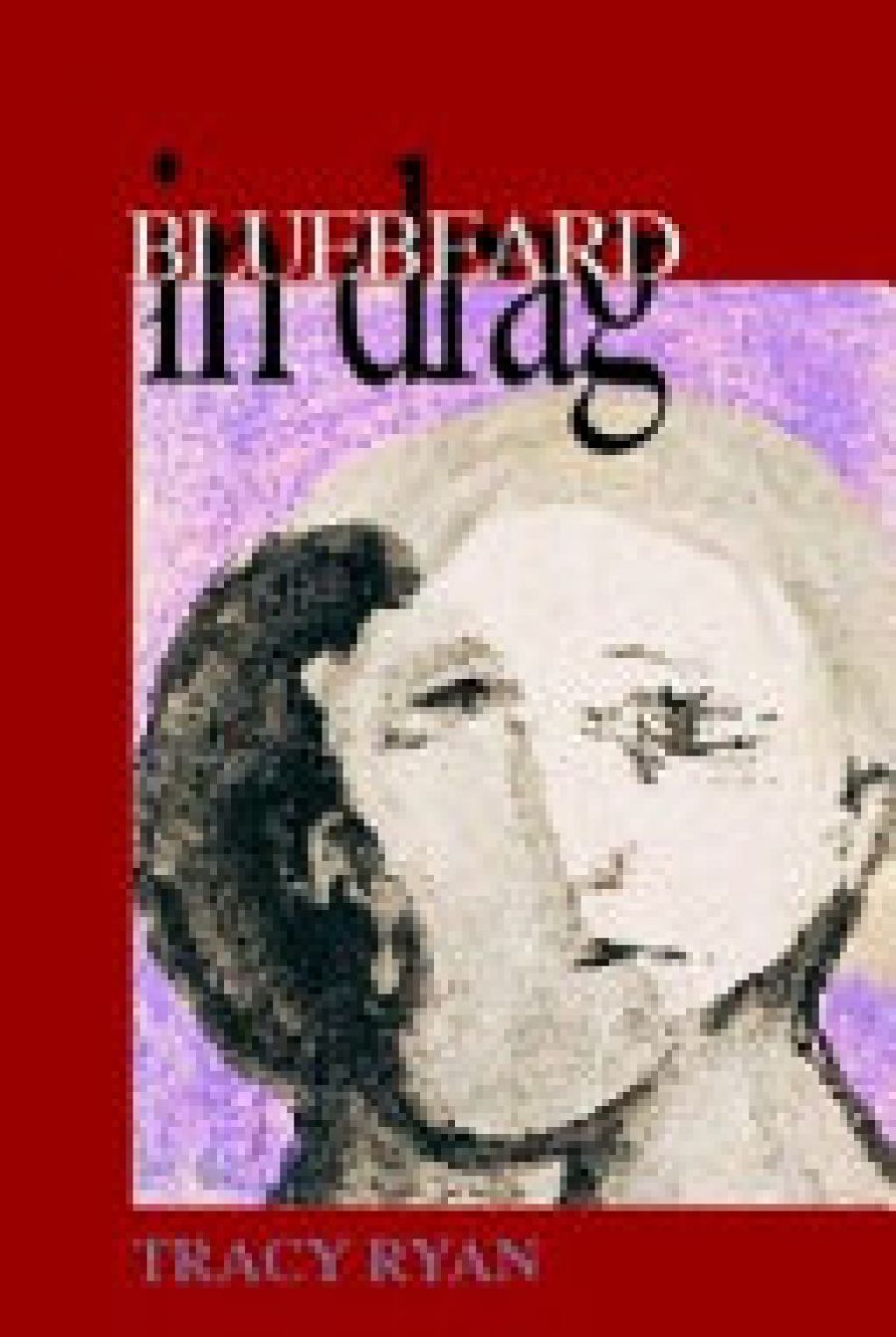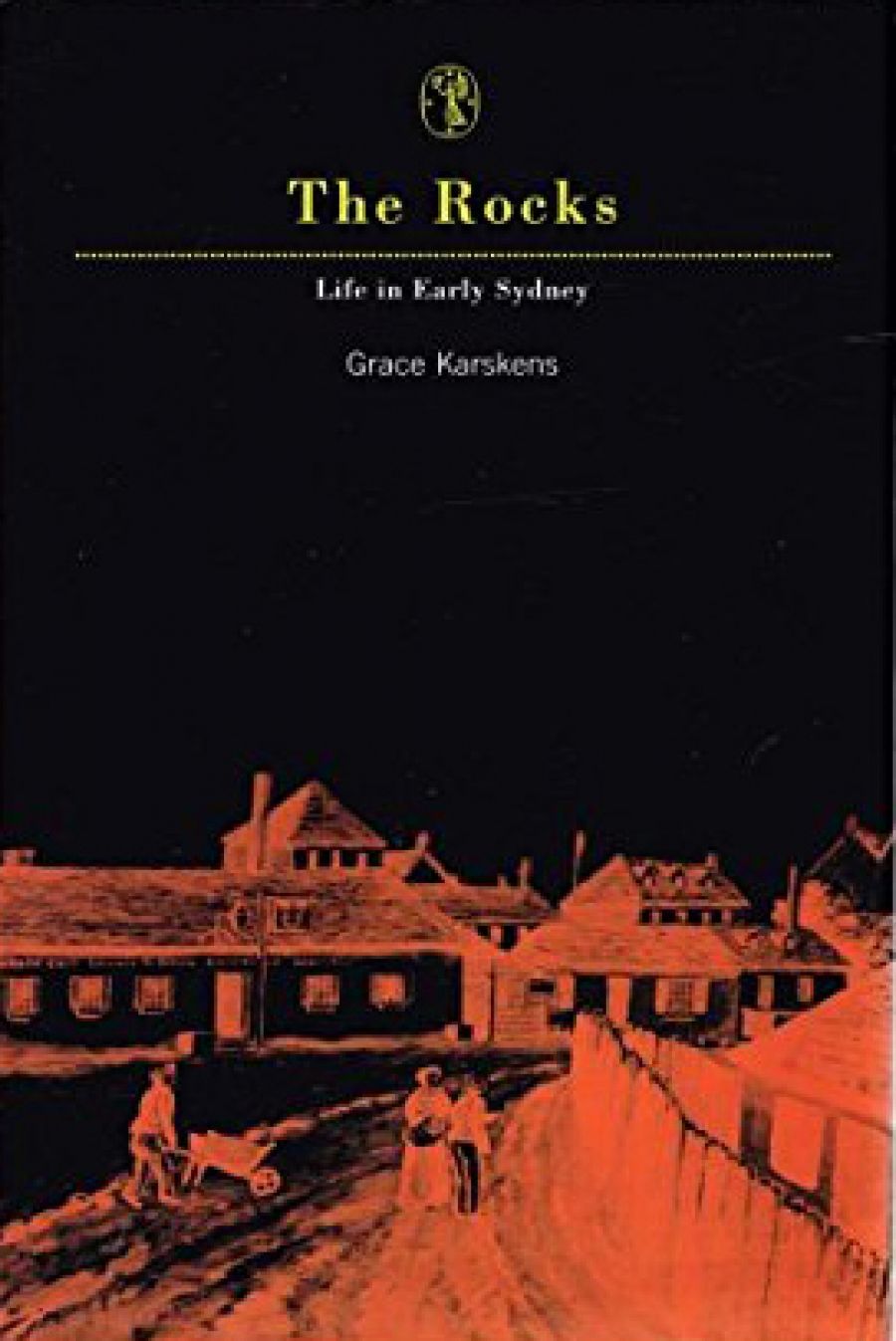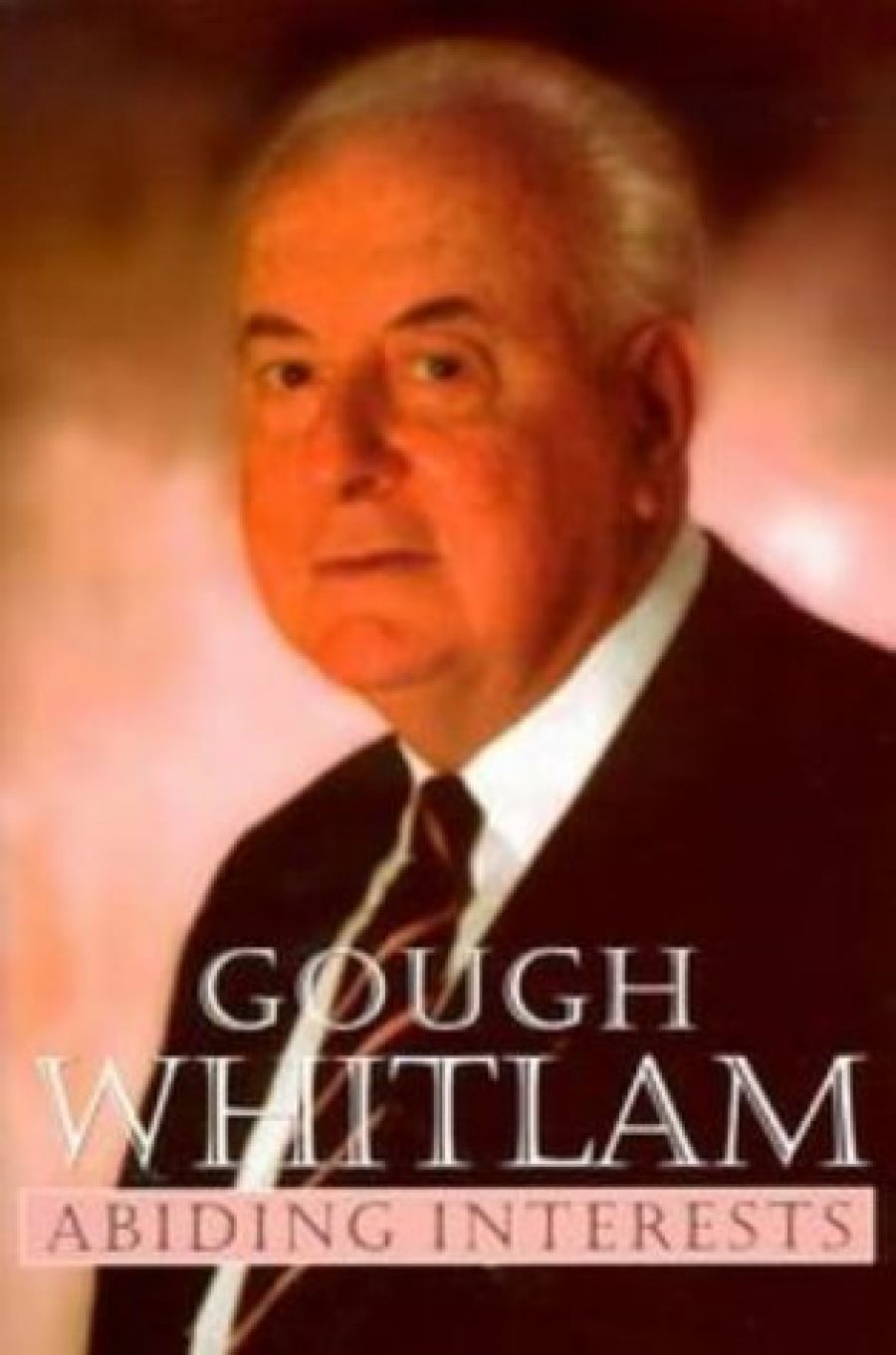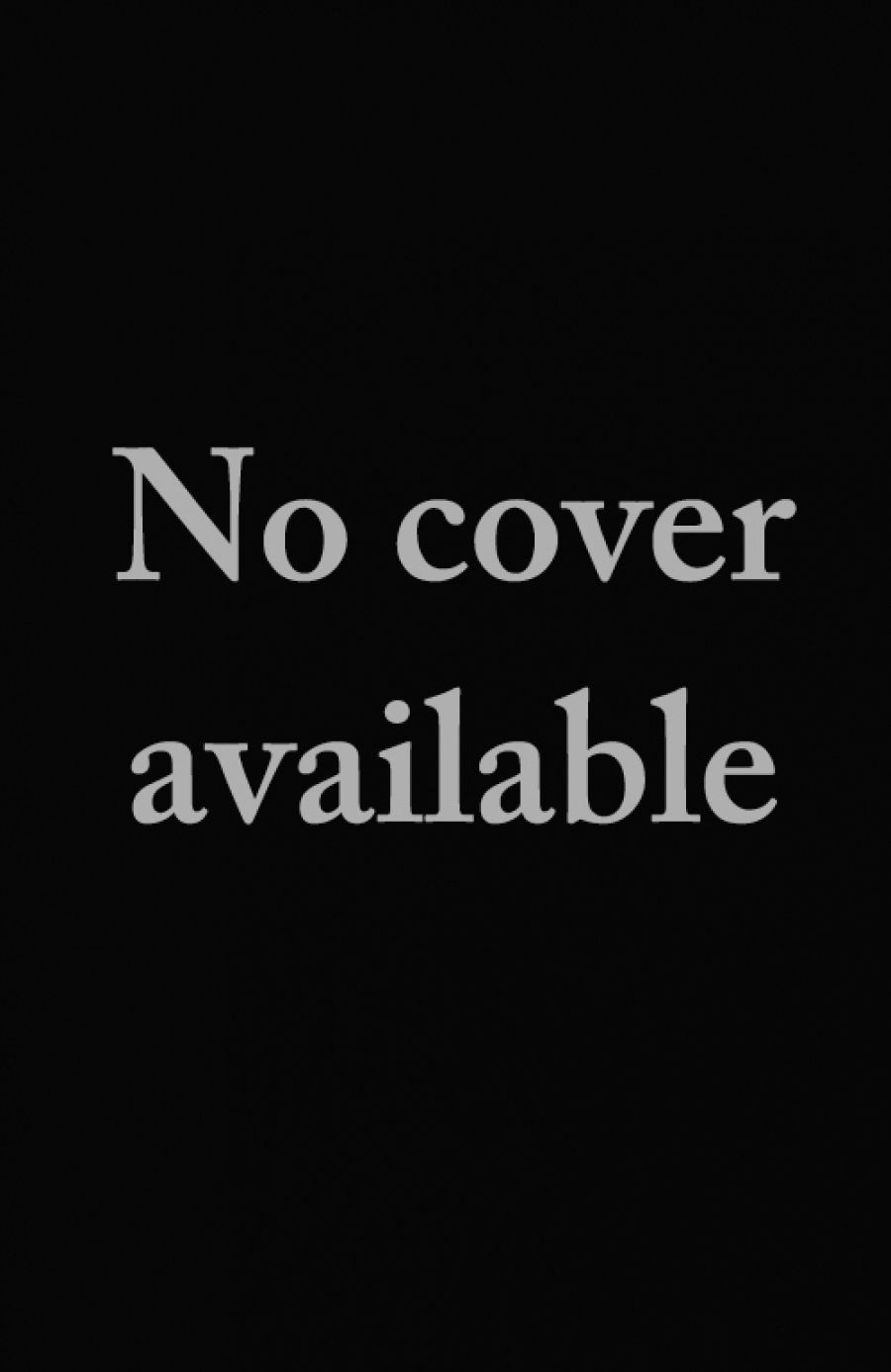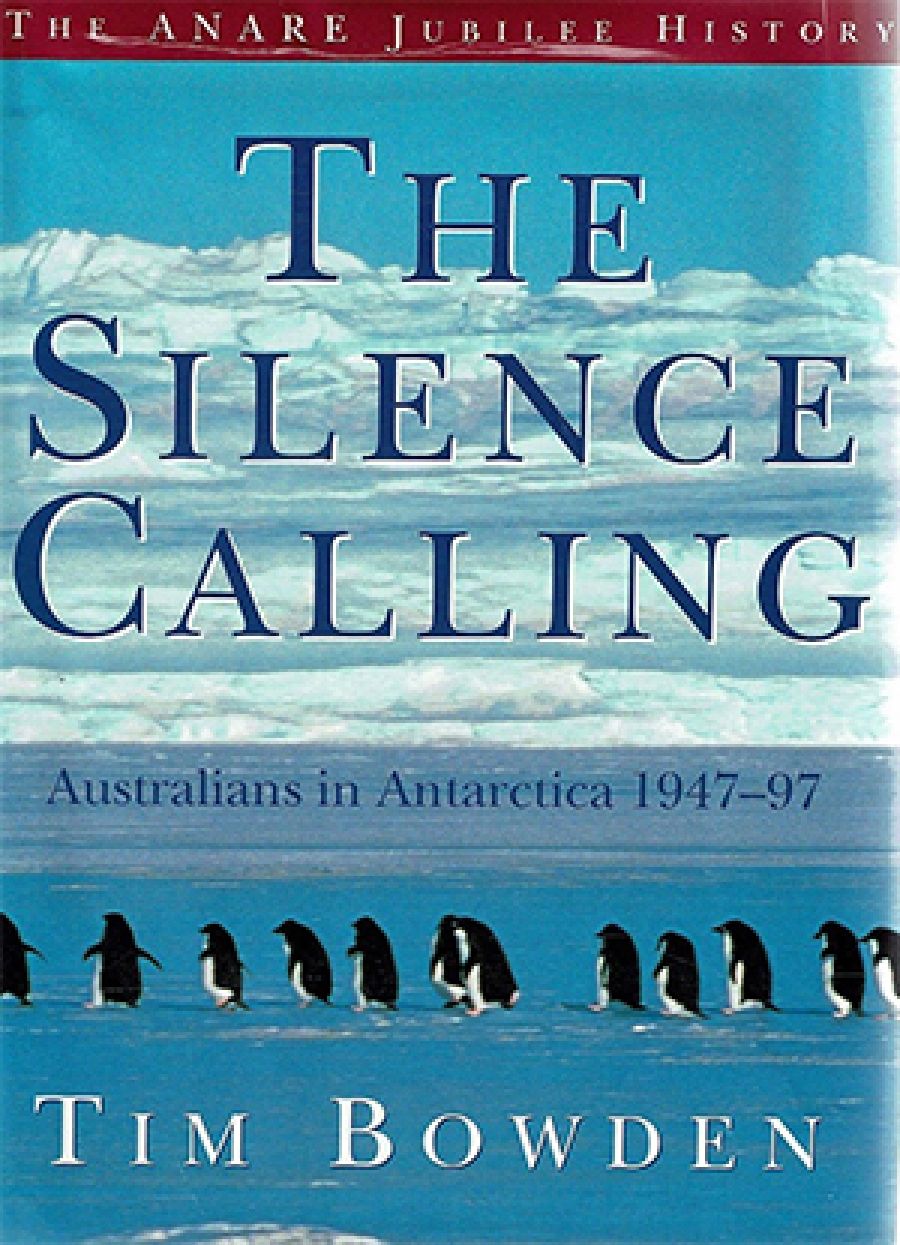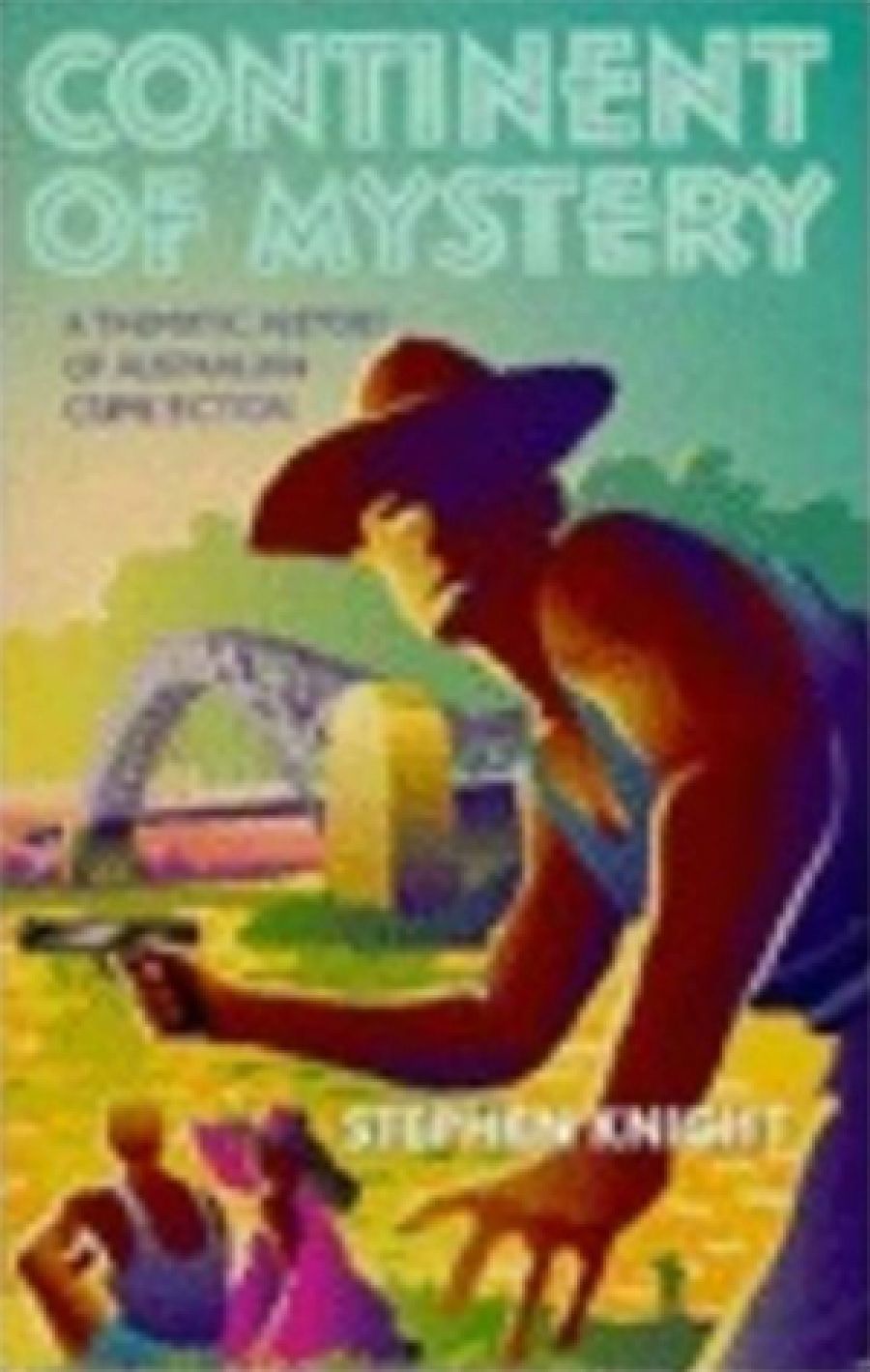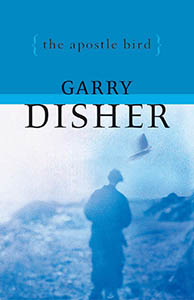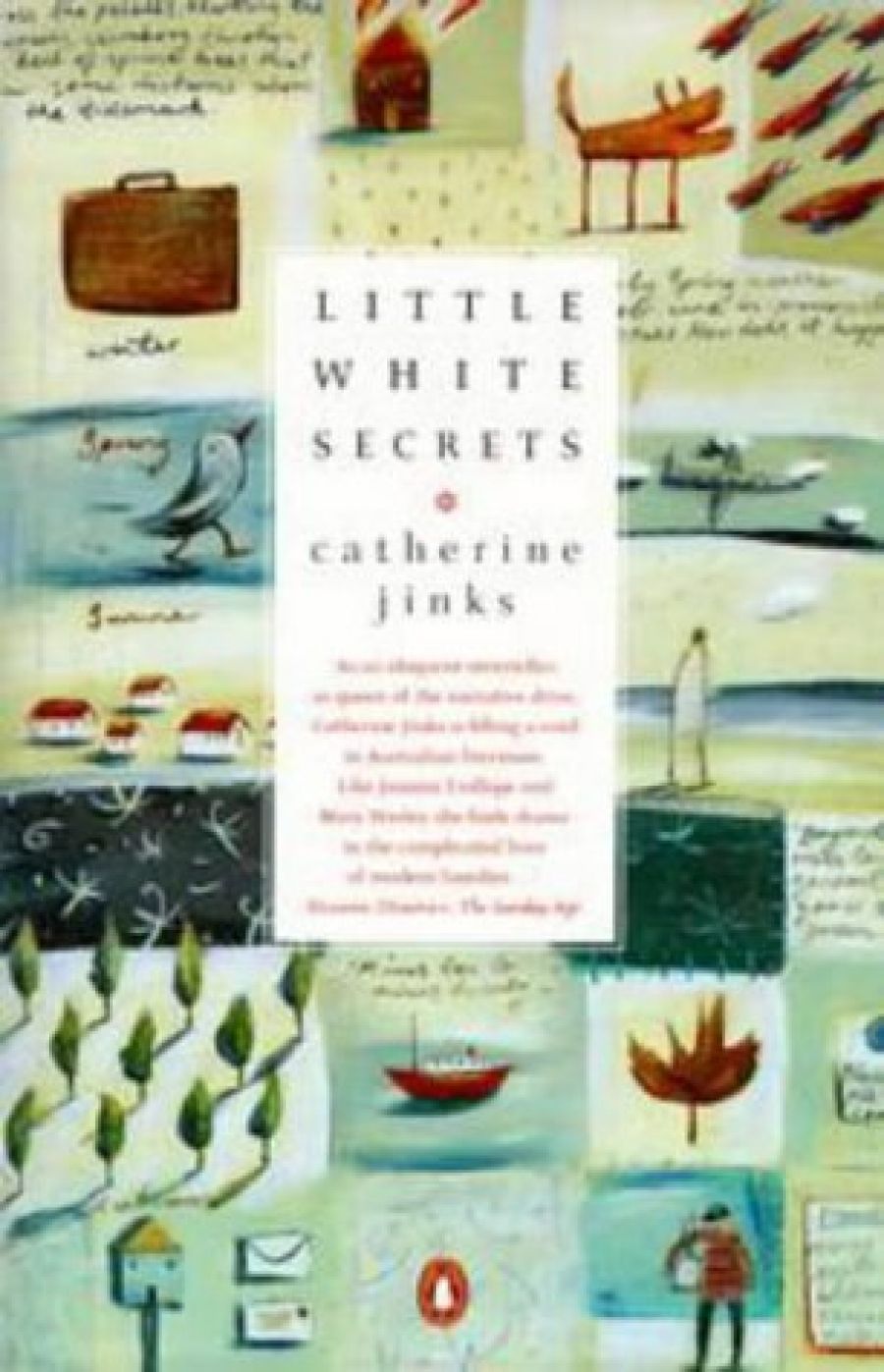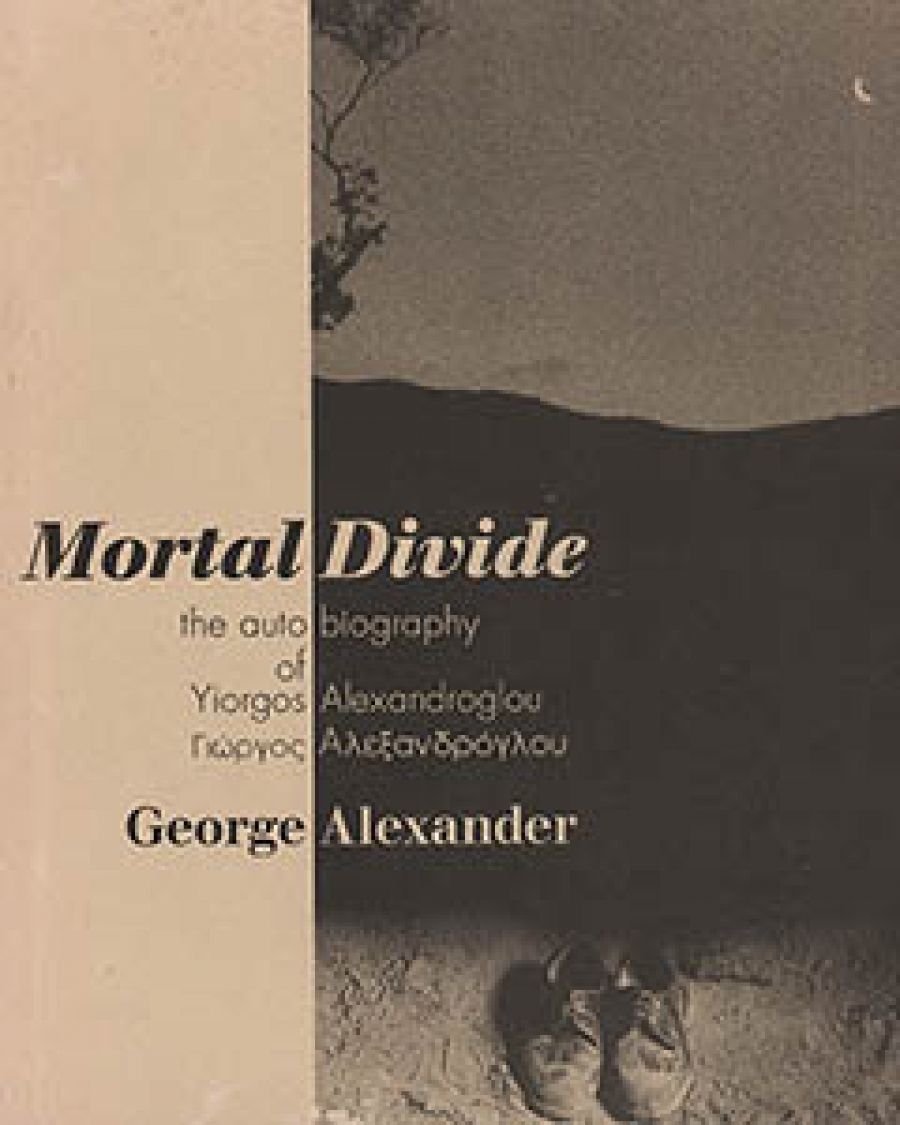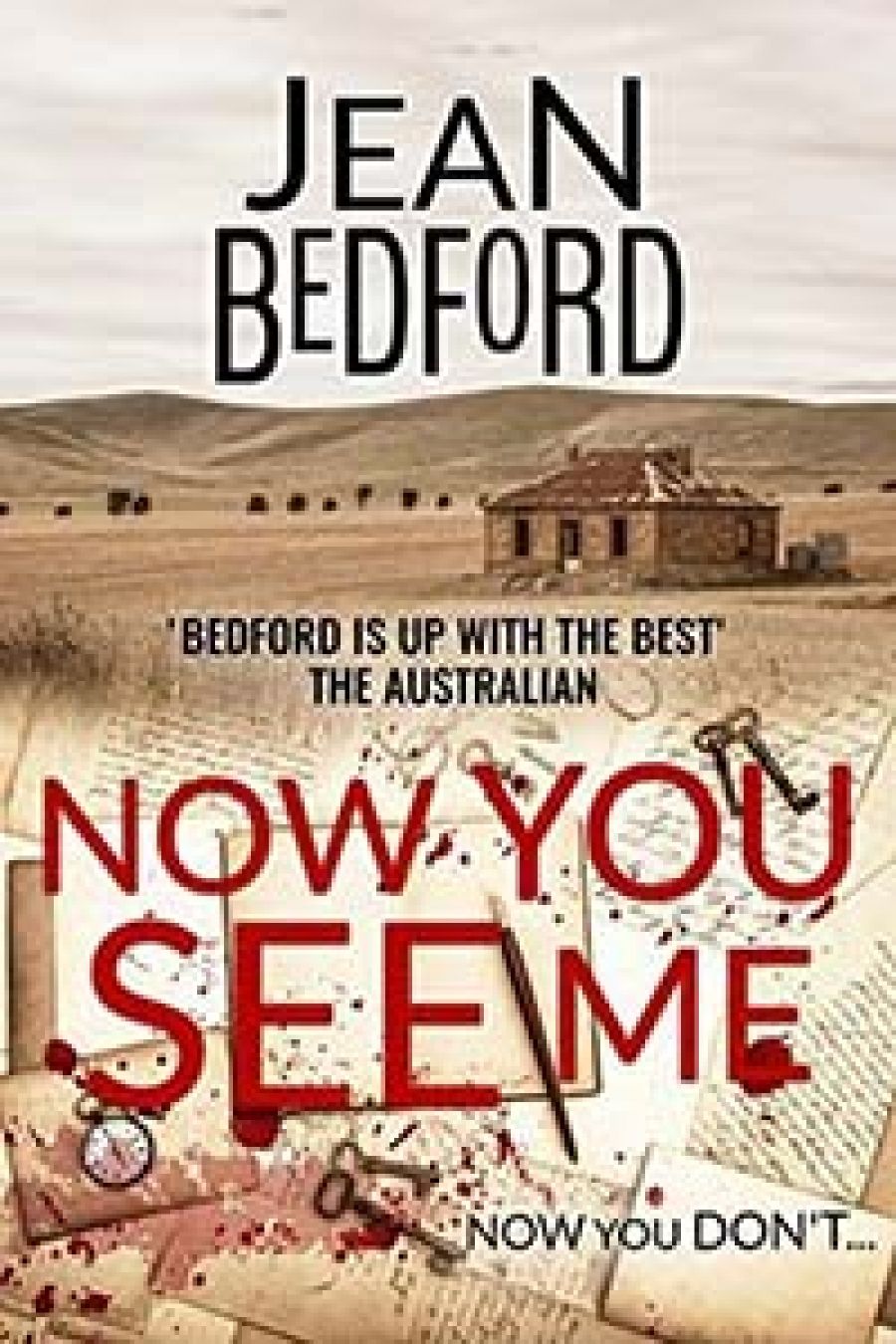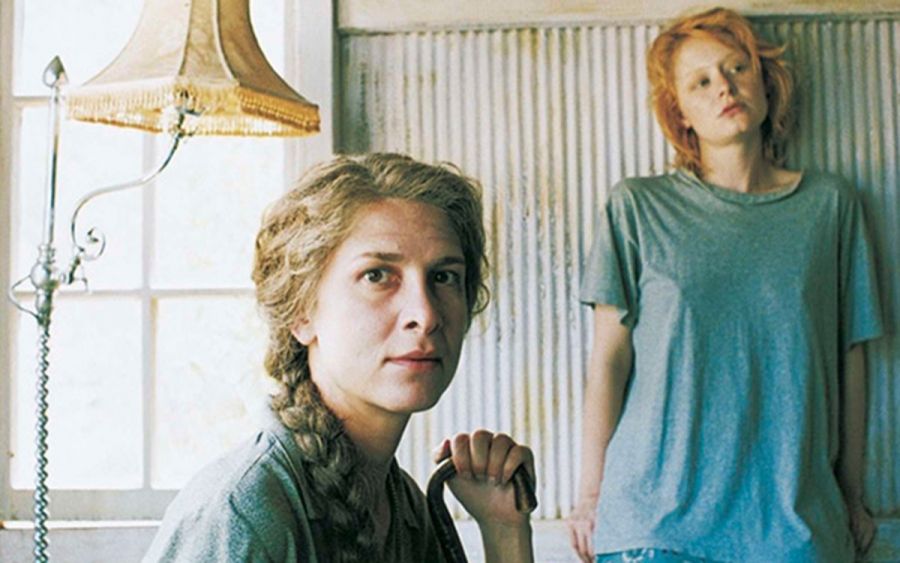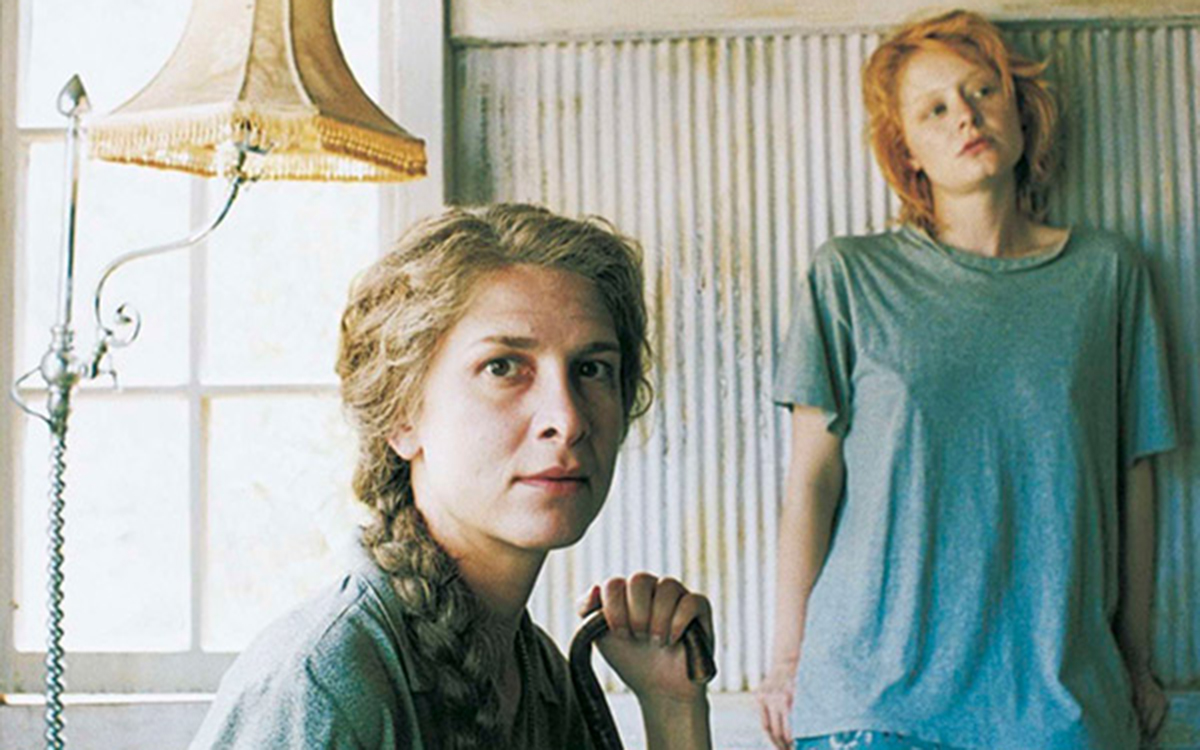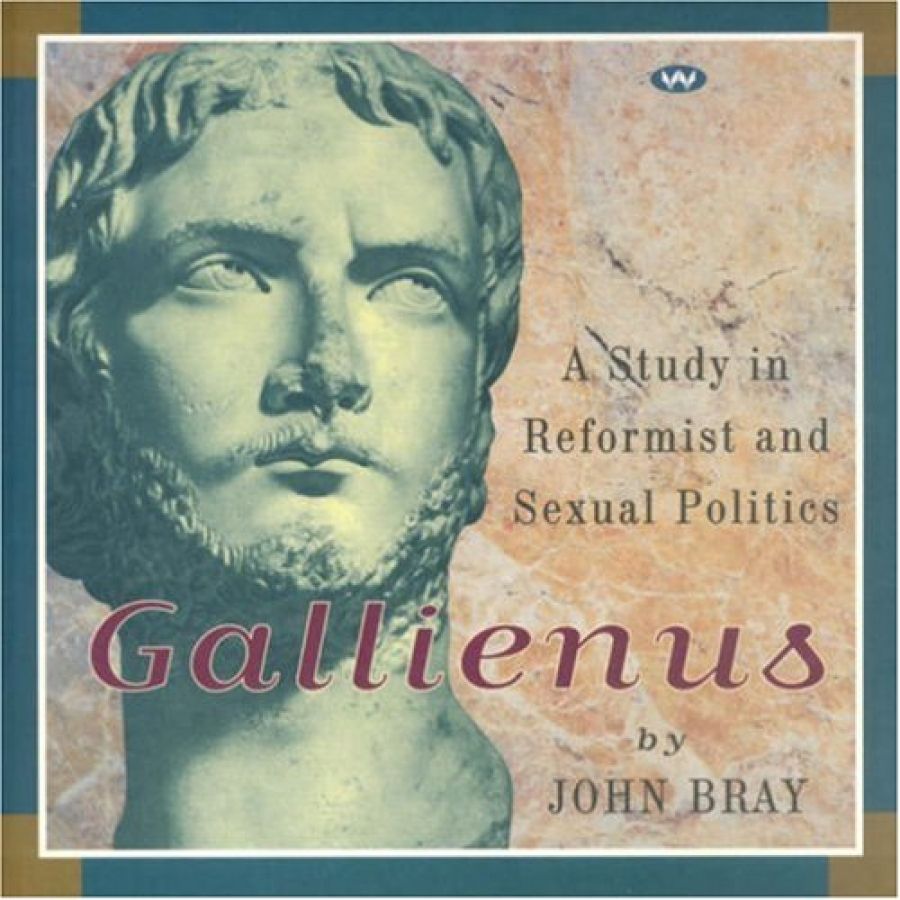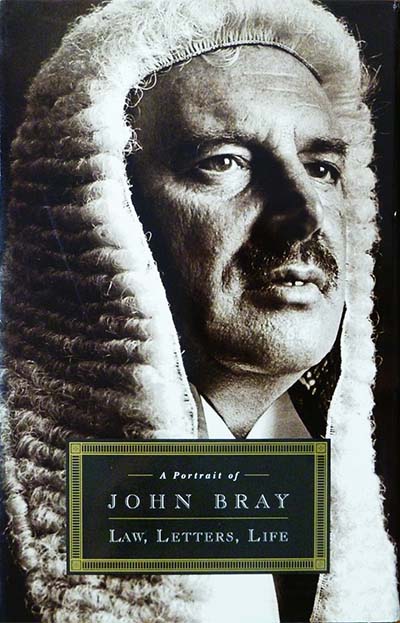From Aldi Wimmer
Dear Editor,
This is the first time I am responding to something I read in ABR, and the reason is Ivor Indyk’s outrageous review of John Kinsella’s Poems 1980–1994 (July ABR). Actually, it isn’t so much a review as a piece of character assassination. How Indyk, whose reviews are usually excellent, can fall into a ranting mode in which he totally loses sight of the texts that he should be evaluating, is beyond me. What can have possessed him? Envy that a younger man is an accomplished writer? As if Rilke, Keats, or Thomas Chatterton had only started crafting excellent work in middle age. As ‘proof’ for Kinsella’s ‘belief in himself as an important poet’, he points at the repetition of some poems in the collection, but fails to see the obvious: both ‘Night Parrots’ and ‘The Frozen Sea’ are items that represent sequential units and thus cannot be mangled by removing individual poems. But most insulting of all is Indyk’s allegation that European academics have somehow been hoodwinked into praising Kinsella’s work merely because of his skilled self-promotion. We can think and read for ourselves thank you, and if we invite Kinsella to our universities and conferences, it is most definitely not because he has conned us.
Adi Wimmer
General Secretary, European Assoc. for Studies on Australia
Department of English
University of Klagenfurt, Austria
From Heather Cam
Dear Editor,
Well, it was wholly to be expected.
It was with a sigh of relief that I read Ivor Indyk’s piece on John Kinsella. At last, here was a respected critic reiterating similar literary reservations to those I had voiced two years earlier (on 15 July 1995 in a Sydney Morning Herald review of Kinsella’s prize-winning The Silo: A Pastoral Symphony). I had commented then on organisational sloppiness; stretches of dull, anecdotal accounts of rural life; the poet/persona’s embarrassing self-indulgence and tiresome tendency to self-mythologise, and concluded that overall The Silo was a flawed composition.
I seemed to be alone in holding these views at the time. Alone and soon to be taken to task by one of Kinsella’s academic supporters who wrote of being touched by the ‘anguish’ my criticisms had caused Kinsella. I was accused of giving Kinsella ‘short shrift’ and concern was raised ‘about the ethics of reviewing’. I was amazed to find myself having to write a long letter explaining the basis for my literary opinion and defending the critic’s right to express a considered viewpoint based on a careful reading of the text.
Two years later, reading Indyk’s brave and informative review which revealed the considerable international acclaim of this energetic poet, I felt certain that Indyk would soon be reprimanded, no doubt more publicly and vehemently than had I, for daring to express doubts or even mere reservations about the quality of Kinsella’s poetry. This suspicion was spectacularly borne out by the letters from Kinsella, Keil, Tranter, and Coffey in last month’s issue.
My chief concern is with the issue of the reviewer’s freedom to express an informed opinion without fear of retribution. Critics of Kinsella are being told none too subtly, if you can’t say something in praise, back off or suffer the consequences.
Any poet who gets review space these straitened days is being treated seriously, and most poets are able to take words of criticism as words of advice to act on or ignore. In my experience, most poets have the maturity to read and pass on, without self-indulgence or needing to draw others to their defence.
It would be a grave misfortune if only upbeat reviews could safely be published, and fortunately Australian Book Review has had the courage to run Indyk’s informative and cautionary piece.
Heather Cam, Camperdown, NSW
From Zan Ross
Dear Editor,
I’m rarely moved to write to any magazine unless an essay, review, or piece of work has achieved such a standard of excellence that I simply can’t resist the impulse. Unfortunately, in this instance that isn’t the case. I, too, read Ivor Indyk’s review of John Kinsella’s Poems 1980–1994, was annoyed to find so little actual reviewing, and surprised by the literary gossip, not to mention Indyk using the so-called review as a forum for his views on the literary scene. Much of what he wrote would have been better addressed in an essay.
Having said that, I’d like to state that the piece was, if nothing else, entertaining and about as far from top-heavy, convoluted, academic writing as it is possible to get. I definitely don’t think it or Indyk deserved to be called ‘erroneous, libellous, and rancorous’ nor ‘a treachery’. The so-called review never quarrelled with the perception of Kinsella as an important, influential, or experimental writer. It did claim that not everything any writer produces, whether or not previous collections have gone out of print, is worthy of appearing in an assumed Selected, which is after all just that – selections of the best material written over a certain period of time.
Kinsella’s reaction to the review and his rallying of big-name support on his behalf smacks of a certain amount of paranoia, not a little of immaturity and quite a lot of what used to be called ‘preciousness’. He has never, as far as I have been able to determine, had a ‘bad’ review and has, in fact, received unconditional support from any number of people in the arts world over the past few years. Strangely, it seems no one is willing or dares do at this point what a good critic or editor can do for any writer (or her/his readers): knowledgeably inform her/him (and her/his audience) of where and how work falls short of the writer’s potential; where s/he is exceeding anyone’s expectations.
This is the site, in my opinion, of Kinsella’s legitimate complaint: his work has not been given appropriate consideration. In this respect Indyk was, perhaps, not the best choice as reviewer, considering that his general preference in poetry is for the immediately accessible with a strong narrative – a peculiarly modernist position for an academic in these times. As most readers of Kinsella have found, he often leaps far outside the aforesaid narrow band into little wandered territories of postmodernity. That he frequently does so with extreme verve and skill does not mean, however, that he succeeds in every instance. This is what should have been addressed in the review.
Despite my own arguments with the review, Indyk did voice concerns I personally have, not the least of which are any one person representing Australian writing, being seen to decide what is good Australian writing or being so influential that no one dares write anything critical about their work. While neither I nor anyone else can state with certainty that these points apply to Kinsella, these are certainly issues that must be faced head-on should anyone encounter them. And for this, I admit to a grudging respect for Indyk: he positioned himself and was willing to take the considerable flack that ensued.
Finally, I find it curious that no one has responded to the supposed essay by Kinsella and Ryan in the July issue of ABR. If it was ficto-criticism, it was poorly done. In fact, I can’t see a justification at this point for its taking up the six pages that it did. No one amongst my sophisticated reader-friends was able to get past the first column. I made it through the second before moving on to something less self-indulgent and congratulatory. It seemed like very, very bright children showing off. Considering how few opportunities there are for writers to have their work reviewed in Australia, I think the space could have been better utilised.
Zan Ross, Palmyra, WA
From Ian McFarlane
Dear Editor,
Apropos your August editorial, some writers will always be noticed before others for reasons that have little or nothing to do with writing. I suspect it flows from the increasing number of people writing just for the sake of writing. Churning out books that lack beauty, originality, or ideas. In a rolling column last year (ABR 181) I suggested that a significant difference between the haveto-be writer (driven by psychological rather than fame-and-fortune motives) and the wannabe writer (usually seduced by the size of Bryce Courtenay’s royalty cheques, or prospects of gaining cult status at literary festivals) was the sensitivity of the former to know when NOT to write a book.
A literary system that encourages battery hen production and bases success on personality and self-confidence before text, disadvantages the writer most likely to advance cultural landscapes. Good writing is more about self-doubt than self-confidence. Of course, you must manage self-doubt or you would never write anything, but the process of turning it into a creative dialogue with yourself is, I suggest, the fragile essence of literature.
Ian McFarlane, Beauty Point, (via Narooma) NSW
From Janet Hay
Dear Editor,
John McLaren’s review of Letters and Liars by Joanna Mendelssohn (ABR April 1997) states that the author’s research ‘leads her to a new interpretation of the [Lindsay] family’s alliances’ and notices in the last paragraph of this generally favourable review, ‘there are judgments in the book which the reader might question’. After struggling through this book I rather agree with your reviewer – but for different reasons.
Being a granddaughter of Hugh McCrae (and authorised to speak for the holders of his copyright), I bothered to chase up the letter which Ms Mendelssohn attributes to Hugh McCrae (p.86, Letters and Liars) – and found, as I suspected, that the letter in question was not in fact written by Hugh McCrae. The reference given for this letter (p.278) is also incorrect.
No wonder Ms Mendelssohn has been led to some ‘new interpretation’!
Hugh McCrae is peripheral to Ms Mendelssohn’s theme and, but for her mistaken attribution of this letter to Hugh, he probably wouldn’t have rated a mention, let alone have been subjected to a couple of unsubstantiated assumptions by Ms Mendelssohn (pp.86, 87).
If this can happen on the periphery, what of the core research?
Ms Mendelssohn’s mistake is puzzling because any scholar with an ear for prose would recognise Hugh McCrae’s style and know this letter was not his. Besides, the McCrae letters are invariably written in his distinctive handwriting, which is easily recognised and for which he is in fact justly renowned.
Yet Ms Mendelssohn claims extensive reading of his letters (pp. 86, 87).
It is a pity that the author did not seek copyright permission to reproduce the letter she believed was written by Hugh McCrae. If she had done so her mistake would have been rectified before publication.
